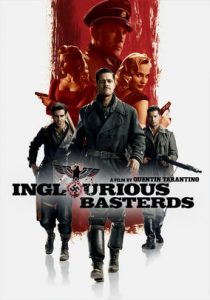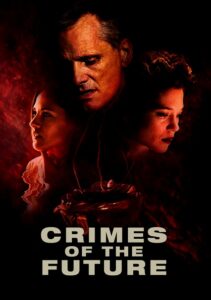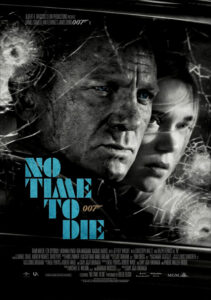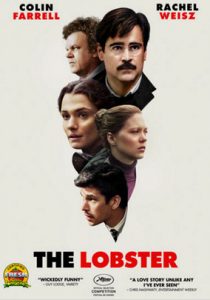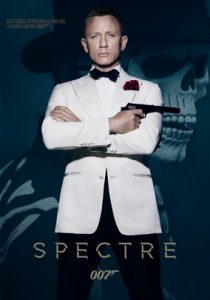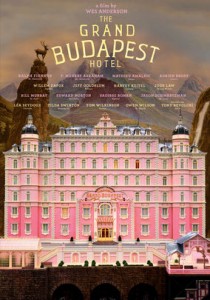Inglourious Basterds-2009
Director Quentin Tarantino
Starring Brad Pitt, Christoph Waltz
Top 250 Films #92
Scott’s Review #589
Reviewed January 7, 2017
Grade: A
Inglorious Basterds (2009) is simply a great movie. Blending many film genres, it is hard to categorize, but that is because it is a Quentin Tarantino film, and that says it all.
The film as a whole contains excellent acting, is wonderfully shot, and is extremely detail-oriented, plus it has the familiar “Tarantino” style of music and sound, the chapter breakdown, and the heavy violence.
Set mainly in German-occupied France during the early 1940s, during World War II, the action centers around two stories- Shosanna (Melanie Laurent), a teenage girl whose entire family is killed after being discovered hidden by a dairy farmer.
He is a Jewish sympathizer, and Shosanna barely escapes with her life when an SS Colonel, brilliantly played by Christoph Waltz, interrogates the man.
Three years later, now living in Paris and owning a cinema, she plots her revenge. The other story is also of a revenge plot by a group of Jewish-American soldiers to kill as many Nazis as possible.
Both stories eventually intersect with a grand finale inside a cinema.
The story itself is richly nuanced and unlike many generic films of today. The fantastic set design and the perfection of every last set-piece are amazing. Long scenes play out slowly but bristle with authenticity and good dialogue.
Take the first scene for example- as the SS Colonel, aptly nicknamed the “Jew Hunter” plays cat and mouse with the dairy farmer, politely asking for two glasses of milk, the audience knows the payoff will be huge, but the conversation crackles with good dialogue.
What strikes me most about the film is the intelligent writing. The many scenes of conversations between characters- a chat over strudel and cream, a trivia game at a bar, and the aforementioned scene at the farmhouse, bristle with unique, clever written dialogue so that the scenes are far from mere filler.
Of course, this is also a characteristic of Tarantino.
At over two and a half hours Inglourious Basterds (2009) is long but satisfying.
My only criticism is of Brad Pitt. I didn’t buy him as a Tarantino guy and found his character the only weak point of the film. His southern drawl just did not draw me in like I thought it might.
He was touted as the main character (perhaps because he was the biggest star), but he plays a supporting role.
Oscar Nominations: 1 win-Best Picture, Best Director-Quentin Tarantino, Best Supporting Actor-Christoph Waltz (won), Best Original Screenplay, Best Sound Editing, Best Sound Mixing, Best Cinematography, Best Film Editing
